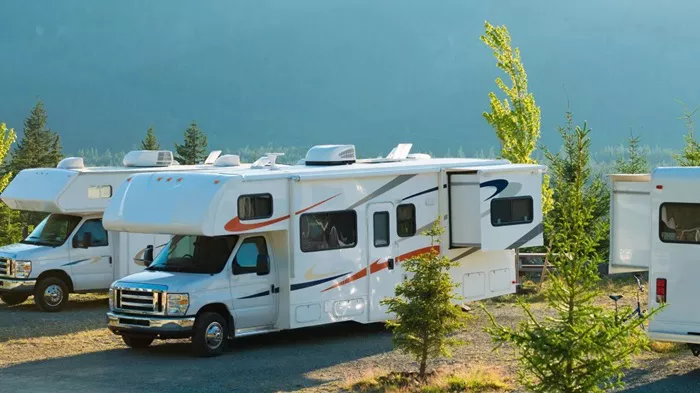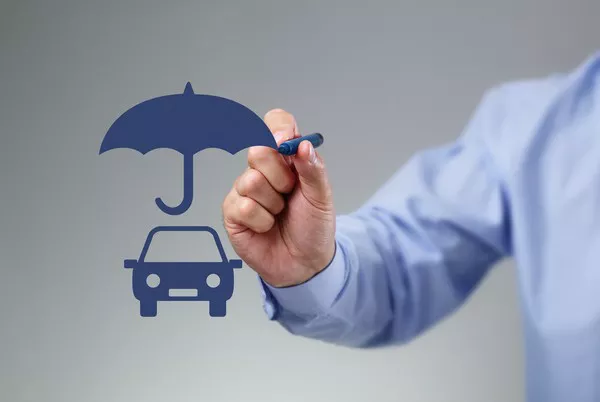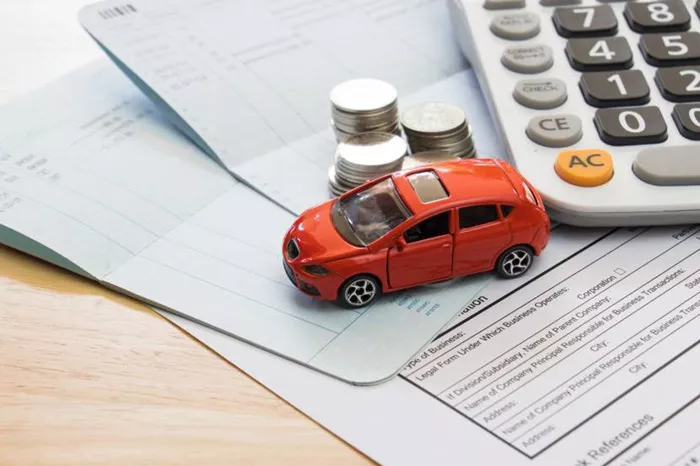Understanding RV Gap Insurance
RV gap insurance, also known as Guaranteed Asset Protection insurance, covers the “gap” between what you owe on your RV loan and the actual cash value (ACV) of the vehicle at the time of a total loss. In simpler terms, if your RV is totaled or stolen, the insurance company will pay out the current market value of the RV, which might be less than the remaining balance on your loan. This discrepancy can leave you owing thousands of dollars out of pocket. RV gap insurance steps in to cover this difference, ensuring you’re not left with a large debt for a vehicle you no longer have.
How RV Gap Insurance Works
To understand how RV gap insurance works, let’s break it down into a few key components:
Depreciation: The moment you drive your RV off the lot, it begins to depreciate. RVs, like cars, lose value over time, and this depreciation can be quite significant in the first few years. If you financed your RV, you might owe more on the loan than the RV’s current market value.
Total Loss Situations: If your RV is involved in an accident, stolen, or otherwise rendered a total loss, your standard insurance policy will typically pay out the ACV. This amount is based on the RV’s depreciated value, not what you originally paid or what you still owe on the loan.
The Gap: The “gap” is the difference between the ACV payout and the remaining loan balance. Without gap insurance, you would be responsible for paying this difference out of pocket.
Coverage: Gap insurance covers this gap, ensuring that you don’t have to pay out of pocket to settle your loan if your RV is totaled or stolen. This can be particularly beneficial if you made a small down payment or financed the entire purchase price of the RV.
Pros and Cons of RV Gap Insurance
Pros
Financial Protection: Gap insurance provides a safety net, protecting you from having to pay thousands of dollars out of pocket if your RV is totaled or stolen.
Peace of Mind: Knowing that you’re covered for the full amount of your loan can give you peace of mind, especially if you have a high loan balance.
Flexibility: Gap insurance can be particularly useful if you plan to trade in or sell your RV before the loan is paid off, as it can cover the negative equity.
Affordability: Gap insurance is typically affordable, especially when compared to the potential financial burden of paying off a loan on a totaled or stolen RV.
Cons
Additional Cost: While gap insurance is generally affordable, it is an additional cost on top of your standard RV insurance policy.
Limited Usefulness: Gap insurance is most useful in the early years of your loan, when depreciation is highest. As you pay down your loan and the gap narrows, the need for gap insurance diminishes.
Availability: Not all insurance providers offer gap insurance for RVs, so you might need to shop around or purchase it separately from your standard policy.
Is RV Gap Insurance Necessary?
Whether RV gap insurance is necessary depends on several factors, including your financial situation, the terms of your loan, and how much risk you’re willing to take. Here are some scenarios where gap insurance might be a wise investment:
High Loan-to-Value Ratio: If you financed a large portion of your RV purchase price, your loan balance might be higher than the RV’s market value, especially in the first few years. Gap insurance can protect you in this situation.
Low Down Payment: If you made a small down payment, the gap between your loan balance and the RV’s ACV can be significant, making gap insurance a prudent choice.
Long Loan Terms: Longer loan terms can mean slower equity buildup, increasing the likelihood of a gap in the event of a total loss. Gap insurance can provide coverage during this period.
Depreciation: If your RV is subject to rapid depreciation, such as certain high-end models or customizations, gap insurance can help cover the difference between the loan balance and the depreciated value.
see also: Engine Protection in Car Insurance: You Need to Know
When Might RV Gap Insurance Be Unnecessary?
In some situations, RV gap insurance might not be necessary. Here are a few scenarios where you might be able to forgo this coverage:
Low Loan Balance: If you have paid down a significant portion of your loan or made a large down payment, the gap between your loan balance and the RV’s ACV might be minimal or nonexistent.
Short Loan Terms: If you opted for a shorter loan term, you might build equity more quickly, reducing the need for gap insurance.
High Cash Reserves: If you have sufficient savings to cover any potential gap between your loan balance and the ACV, you might decide that gap insurance is an unnecessary expense.
No Financing: If you purchased your RV outright without financing, there’s no loan balance to cover, making gap insurance irrelevant.
How to Purchase RV Gap Insurance
If you decide that RV gap insurance is worth it for your situation, here are some steps to purchase it:
Check with Your Lender: Some lenders offer gap insurance as part of the loan package. Check with your lender to see if this option is available and compare their rates with other providers.
Compare Insurance Providers: Not all insurance companies offer gap insurance for RVs. Research and compare different providers to find the best coverage and rates.
Read the Fine Print: Make sure you understand the terms and conditions of the gap insurance policy. Look for any exclusions or limitations that might affect your coverage.
Bundle with Other Policies: Some insurance companies offer discounts if you bundle gap insurance with other policies, such as auto or home insurance. Ask about any potential savings.
Consider Standalone Policies: If your standard RV insurance provider doesn’t offer gap insurance, you might be able to purchase a standalone policy from a specialized insurer.
Conclusion
RV gap insurance can be a valuable tool for protecting your financial investment in your RV, especially in the early years of ownership when depreciation is highest and your loan balance may exceed the RV’s market value. It provides peace of mind, ensuring that you’re not left with a significant debt if your RV is totaled or stolen. However, it might not be necessary for everyone, particularly those with low loan balances, short loan terms, or substantial cash reserves.
Ultimately, whether RV gap insurance is worth it depends on your individual circumstances. Carefully consider your financial situation, the terms of your loan, and your risk tolerance before making a decision. By weighing the pros and cons and evaluating your specific needs, you can make an informed choice about whether RV gap insurance is the right investment for you.






















